Probability
Probability is a branch of mathematics that deals with the likelihood of a particular event or outcome occurring. It is used to quantify uncertainty and make informed decisions in various fields such as statistics, science, finance, and gaming.
Basic Concepts
There are several fundamental concepts in probability:
- Sample Space: The set of all possible outcomes of an experiment. It is denoted by S.
- Event: A subset of the sample space, representing a specific outcome or a combination of outcomes.
- Probability of an Event: The likelihood of an event occurring, usually denoted by P(E), where E is the event.
- Probability Scale: Probabilities range from 0 (impossible event) to 1 (certain event).
Calculating Probability
Probability can be calculated using different methods depending on the nature of the experiment:
- Classical Probability: Involves equally likely outcomes, and the probability of an event E is calculated as P(E) = (Number of favorable outcomes) / (Total number of outcomes).
- Empirical Probability: Based on observed data or experimental results. The probability of an event is estimated as the frequency of occurrence.
- Conditional Probability: The probability of an event given that another event has occurred. It is denoted by P(E | F), where E and F are events.
- Probability Rules: Include the addition rule, multiplication rule, and complement rule for calculating probabilities of compound events.
Applications
Probability has numerous real-world applications, including:
- Weather forecasting
- Insurance and risk assessment
- Gambling and games of chance
- Quality control and reliability analysis
- Medical diagnosis and treatment outcomes
Understanding probability helps in making rational decisions and predicting outcomes in uncertain situations.
[Probability] Related Worksheets and Study Guides:
.◂Math Worksheets and Study Guides Third Grade. Counting Money
Study Guide Counting Money
Counting Money  Activity Lesson
Activity Lesson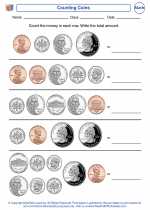 Counting Coins
Counting Coins  Activity Lesson
Activity Lesson School Sports
School Sports  Activity Lesson
Activity Lesson Package Pile-Up
Package Pile-Up  Worksheet/Answer key
Worksheet/Answer key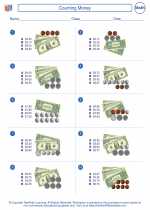 Counting Money
Counting Money  Worksheet/Answer key
Worksheet/Answer key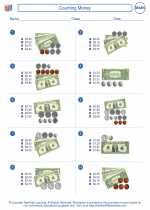 Counting Money
Counting Money  Worksheet/Answer key
Worksheet/Answer key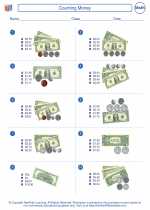 Counting Money
Counting Money  Worksheet/Answer key
Worksheet/Answer key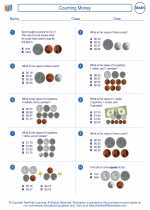 Counting Money
Counting Money  Worksheet/Answer key
Worksheet/Answer key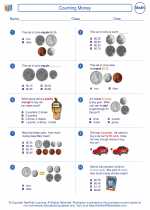 Counting Money
Counting Money  Worksheet/Answer key
Worksheet/Answer key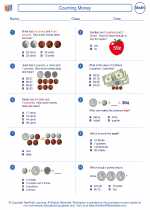 Counting Money
Counting Money  Worksheet/Answer key
Worksheet/Answer key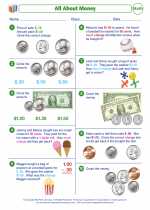 All About Money
All About Money  Worksheet/Answer key
Worksheet/Answer key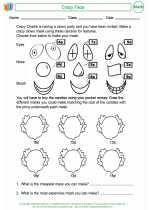 Crazy Face
Crazy Face  Worksheet/Answer key
Worksheet/Answer key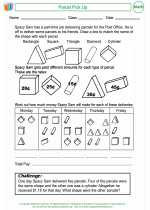 Parcel Pick Up
Parcel Pick Up  Worksheet/Answer key
Worksheet/Answer key Pocket Money
Pocket Money 

 Activity Lesson
Activity Lesson
 Activity Lesson
Activity Lesson
 Activity Lesson
Activity Lesson
 Worksheet/Answer key
Worksheet/Answer key
 Worksheet/Answer key
Worksheet/Answer key
 Worksheet/Answer key
Worksheet/Answer key
 Worksheet/Answer key
Worksheet/Answer key
 Worksheet/Answer key
Worksheet/Answer key
 Worksheet/Answer key
Worksheet/Answer key
 Worksheet/Answer key
Worksheet/Answer key
 Worksheet/Answer key
Worksheet/Answer key
 Worksheet/Answer key
Worksheet/Answer key
 Worksheet/Answer key
Worksheet/Answer key

Create And Print more Counting Money worksheets with Money Skills Worksheets generator
The resources above cover the following skills:
Algebra (NCTM)
Use mathematical models to represent and understand quantitative relationships.
Model problem situations with objects and use representations such as graphs, tables, and equations to draw conclusions.